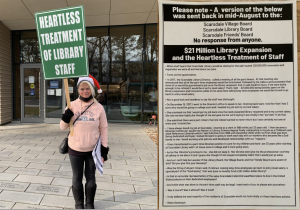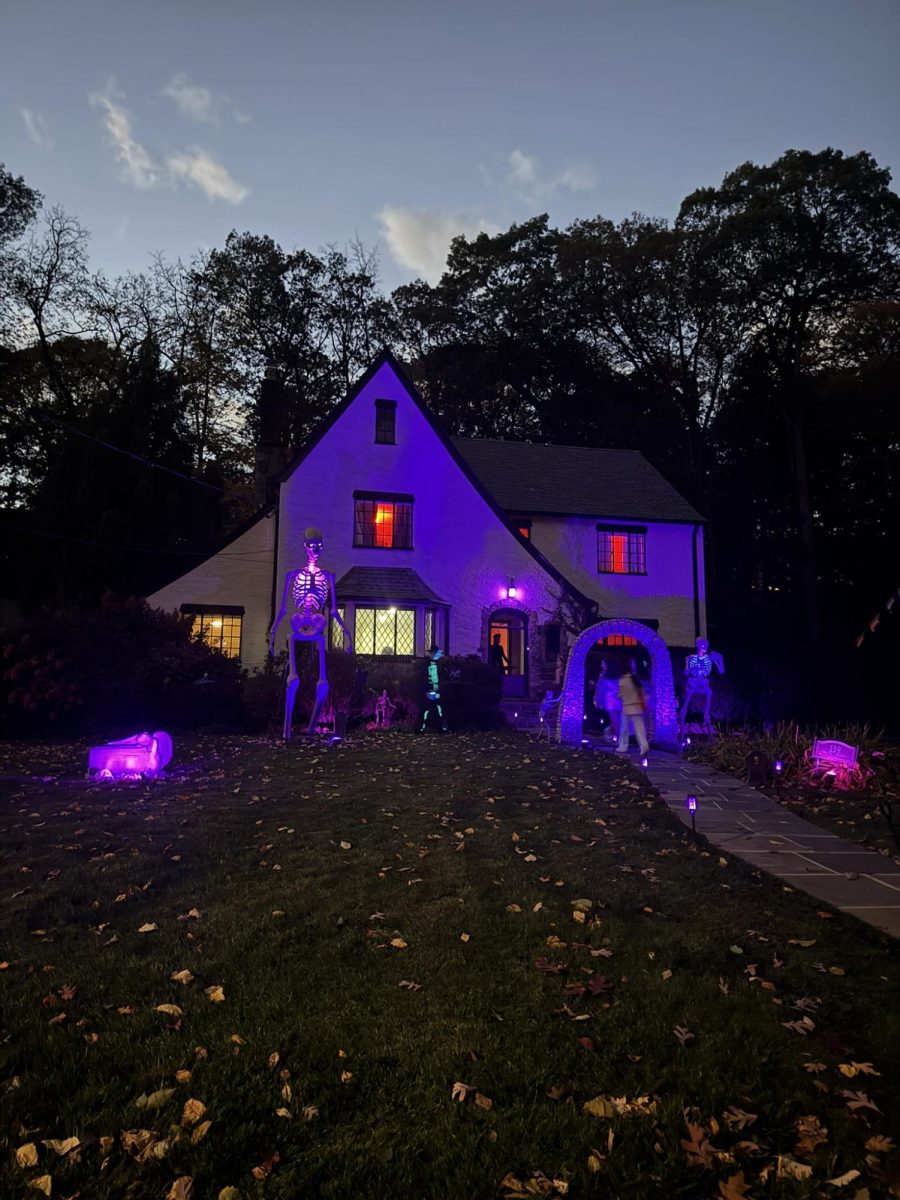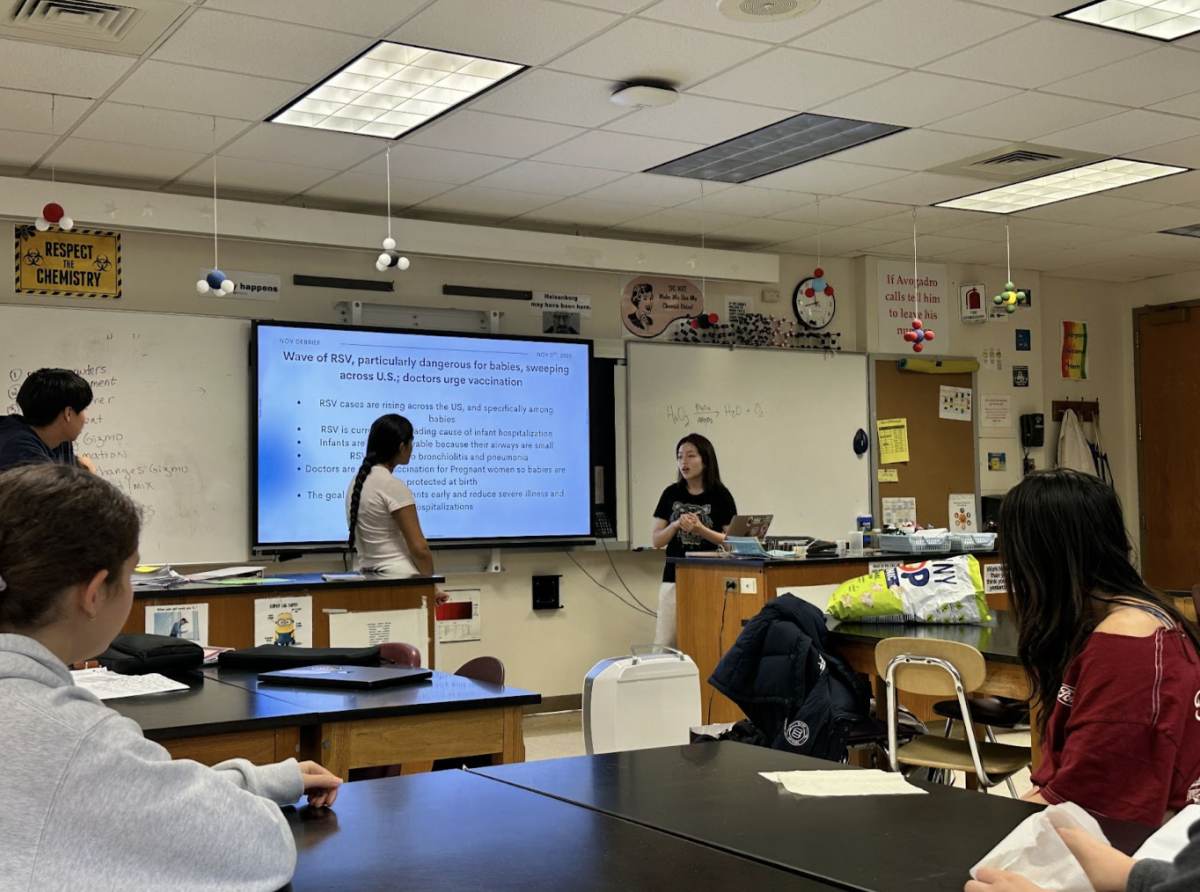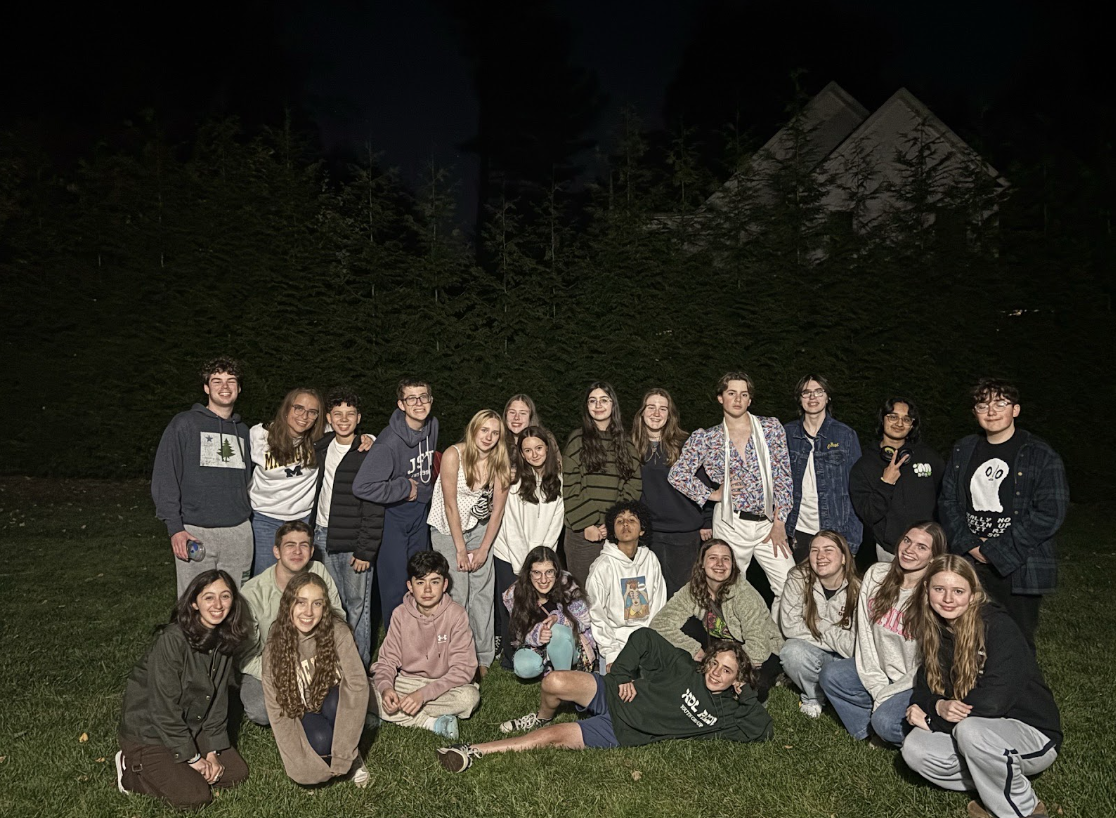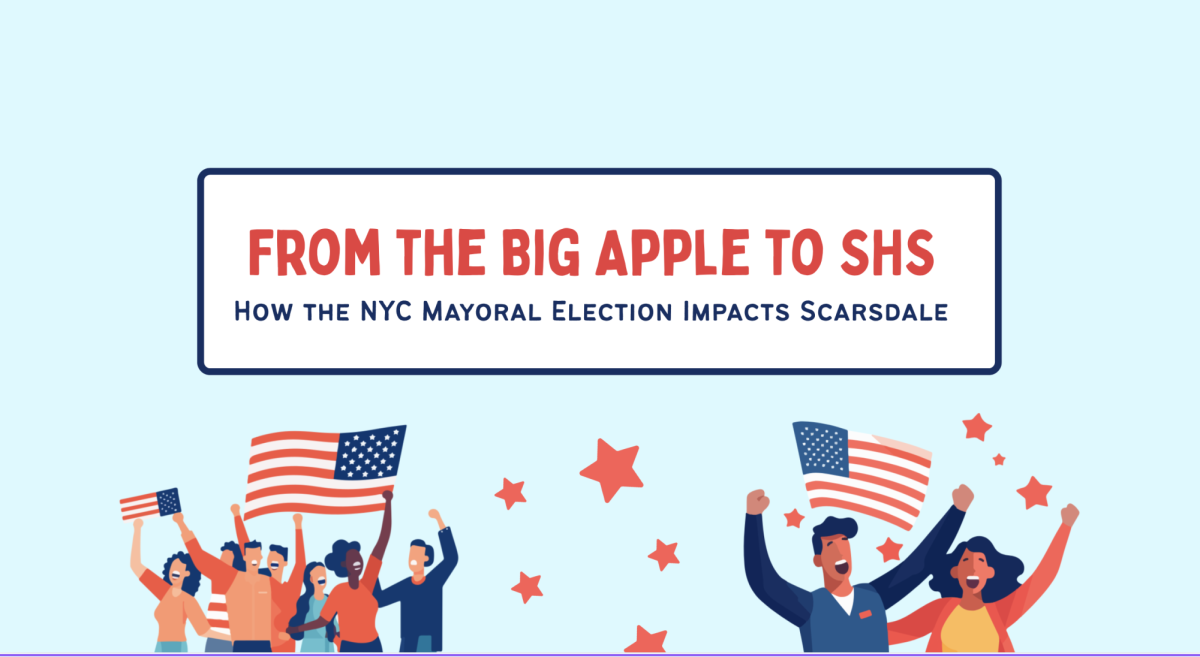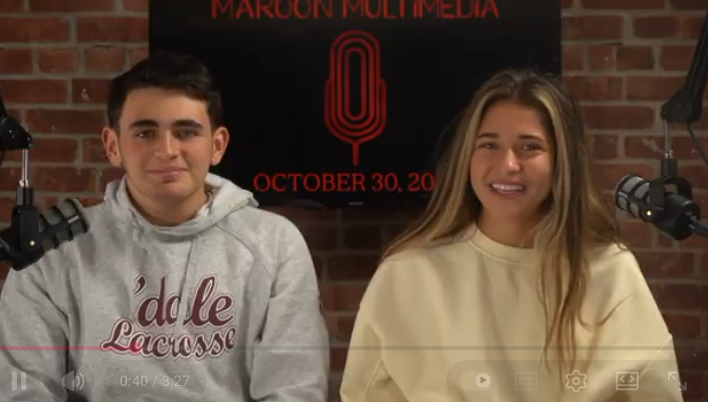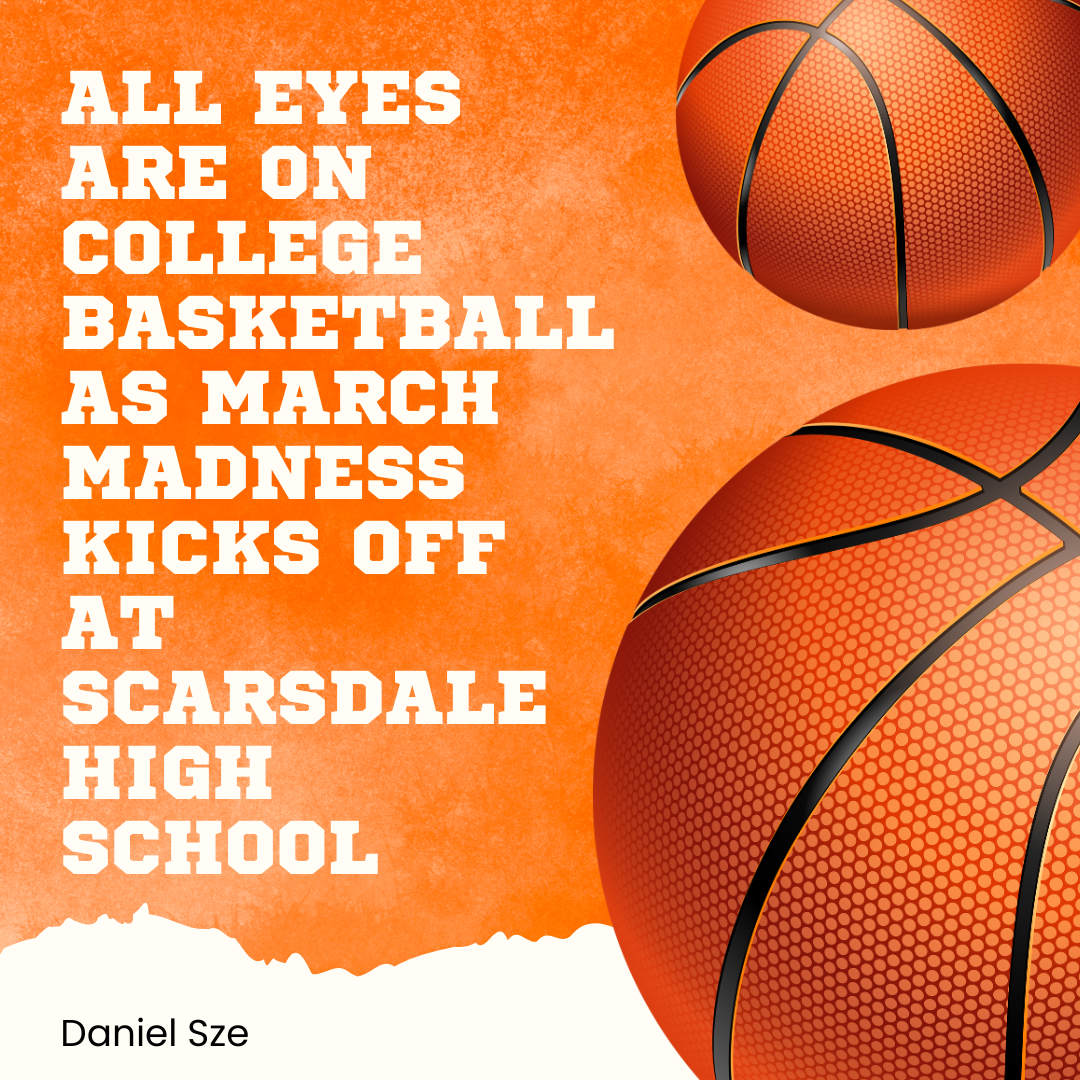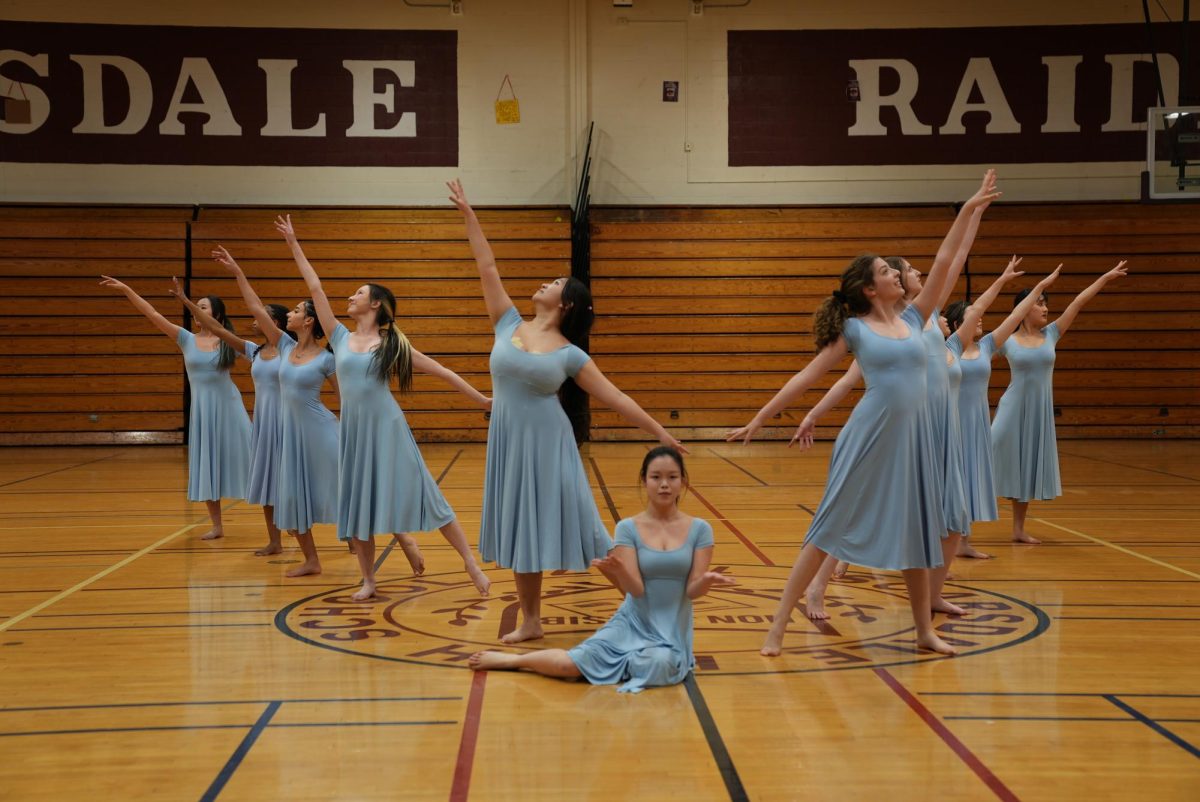College Touring Goes Virtual
With COVID-19 preventing students from stepping foot onto college campuses, they must now look to virtual options.
January 26, 2021
COVID-19. Just about everyone is sick of hearing that term. “New Normal” is no longer a phrase used, as the new norm is no longer so new. But, even when the world appears as it has come to a standstill, time still passes. Gradually, the world has tried to emerge from the slumber of the quarantining and lockdowns from the virus. But for many students, a cautious departure from this dormancy will not be and has not been pacey enough to make the college-searching process a typical one.
With most colleges in America being closed to allowing visitors to set foot on campus, touring colleges has become difficult for students. To accommodate, colleges have augmented their online resources in order to give juniors and seniors contemplating attending their college extra incentive to apply. Nonetheless, learning about a college virtually cannot completely compensate for what is missed out on by visiting campuses.
Current Scarsdale seniors (and now some juniors) have been proactive and made the most out of using these online resources to their benefit. “They [virtual tours and information sessions] do a good job of giving you the information you need to know,” explains Ben Armas ’21. Armas also says that virtual sessions are “easier/more convenient” than needing to go to the campus itself for certain information.
Dani Hoyt ’22 shares a similar sentiment, saying, “The online resources tell you lots about the academic side of the college, so you can rule it out without having to go. They give you good information and are worthwhile to do.”
However, Armas does feel, despite the pros of virtual information sessions and tours, that being able to visit campuses in person (which he was able to do for certain colleges before the virus took over daily life) is preferred. “There is nothing close to being able to go to the campus itself. When you’re on there, you get a better sense of feel and community.”
When the world changes in unimaginable ways, innovation and initiative is necessary to maintain success, whether it be in the workforce or, for students, in academics and the search for education after high school. The vast majority of the thousands of colleges in the United States have expanded their online resource database, so all the tools are at students’ disposal to do research on where they might want to attend.
Undoubtedly, visiting colleges in person is optimal. But, for students starting the college search during these trying, restrictive times: use the resources online available to you. Narrow down your list of desired destinations so when it comes time to visit, your list is refined. Even for students who will go through the college process after the coronavirus is a distant memory: it’s never too early to start, even if it is 30 minutes per week from the comforts of your room.
“If a younger student asks me if they should do a virtual tour or information session, I would say they definitely should,” explains Hoyt. “It’s definitely a good use of time.”



